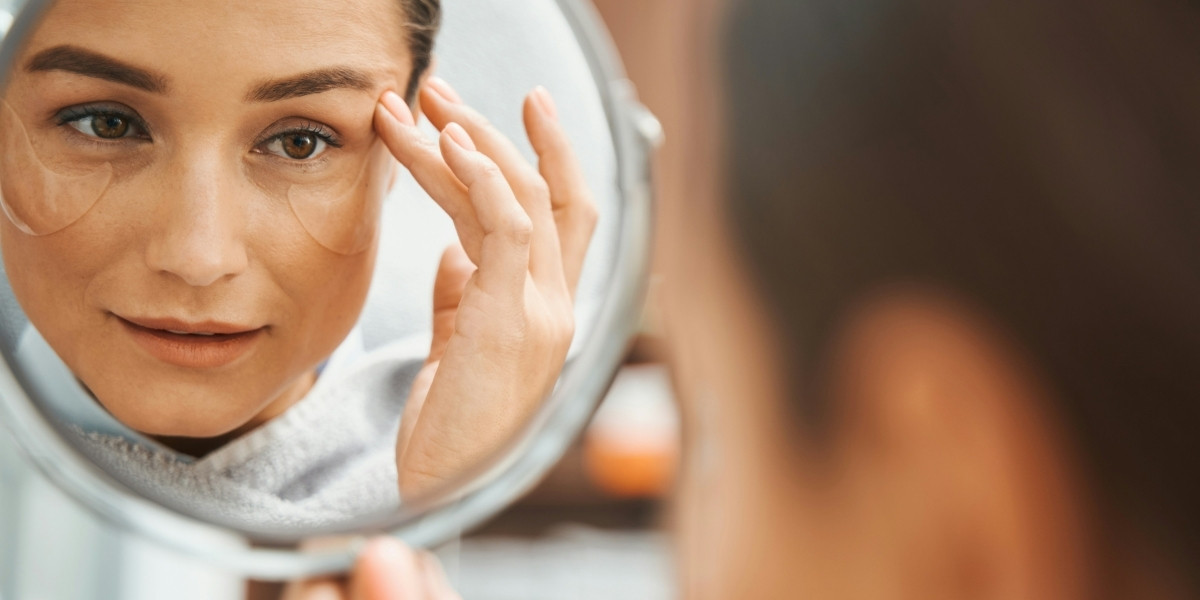The Science of Retinoids
Retinoids are a group of compounds derived from Vitamin A that play a vital role in skincare. They are known for their ability to stimulate collagen production, accelerate cell turnover, and promote a healthier, more youthful complexion. There are several forms of retinoids, including retinyl esters, retinol, retinaldehyde, and tretinoin. Each of these forms has a different level of potency and requires conversion within the skin to become active.
For example, retinol is the most commonly used form in over-the-counter products. It must be converted into retinaldehyde and then into retinoic acid (the active form), while tretinoin is already in its active form and is therefore more potent. The conversion process determines the strength and effectiveness of the product. This section will delve deeper into how retinoids work on a cellular level, enhancing skin health and appearance.
Read Also: What Is Bakuchiol Cream and How Does It Work?
Key Benefits for Skin Health
Retinol is known for its wide range of skin benefits, addressing several concerns to create a more youthful, radiant complexion. Here are some of its key benefits:
Reduce Fine Lines and Wrinkles
Retinol stimulates collagen production, which helps to reduce the appearance of fine lines and wrinkles. By accelerating skin cell turnover, it encourages the growth of new skin, leaving the skin looking firmer and more youthful.
Improve Skin Texture and Tone
Retinol promotes the shedding of dead skin cells and the generation of fresh skin cells, resulting in smoother skin with improved texture and tone. This exfoliation process helps to create a healthier and more even complexion.
Minimize the Appearance of Pores
By unclogging pores and preventing the buildup of dead skin cells and sebum, retinol helps to reduce the size and visibility of pores, making skin appear smoother and more refined.
Treat and Prevent Acne
Retinol helps prevent acne by keeping pores clear, reducing inflammation, and controlling excess sebum production. By encouraging skin cell turnover, it prevents clogged pores, which are a primary cause of acne breakouts.
Fade Hyperpigmentation
Retinol accelerates cell turnover, which helps to fade dark spots and hyperpigmentation. It inhibits melanin production, making it effective in addressing sunspots, melasma, and post-inflammatory hyperpigmentation.
Incorporating Retinol into Your Routine
Introducing retinol into your skincare routine requires a gradual approach to allow the skin to adjust to its potency. For beginners, it is recommended to start with low concentrations (e.g., 0.25% or 0.5%) and use it only a few times per week to minimize the risk of irritation. This initial adjustment period is often referred to as the “retinol uglies”—when the skin may experience dryness, flaking, or redness as it adapts.
To safely incorporate retinol:
-
Start with gentle formulations.
-
Use it at night, as retinol increases skin’s sensitivity to the sun.
-
Apply a moisturizer to help soothe the skin after retinol use.
-
Gradually increase the frequency as your skin becomes accustomed.
Choosing the Right Retinol Product
There are many retinol products available, ranging in formulations, concentrations, and delivery systems. When choosing a retinol product, it’s important to consider your skin type and specific concerns.
For sensitive skin, start with milder formulations and lower concentrations. For those with oily or acne-prone skin, a stronger formulation or retinoid derivative like tretinoin might be more effective. Look for products that contain encapsulated retinol or time-release systems for a gentler experience, as they release the active ingredient more slowly, reducing the likelihood of irritation.
Important Considerations and Precautions
While retinol offers numerous benefits, it can also cause side effects, particularly during the initial stages of use. Dryness, redness, and irritation are common, especially for those with sensitive skin. To minimize these effects, start slow, use a moisturizer, and ensure that your skin is properly hydrated.
It’s also essential to be cautious of contraindications. Retinol should be avoided during pregnancy and breastfeeding due to potential risks to the baby. Additionally, sun protection is critical when using retinol, as it can make the skin more susceptible to sunburn and UV damage.
Debunking Common Myths
There are several misconceptions about retinol use that can cause confusion or deter individuals from incorporating it into their routines. One common myth is that retinol causes permanent skin damage. In fact, when used correctly, retinol can significantly improve skin health and texture. Another myth is that retinol is only for aging skin—however, it can be beneficial for younger skin as well, particularly for those with acne or hyperpigmentation.
Addressing these myths with evidence-based information can help ensure that retinol is used safely and effectively, making it an invaluable addition to any skincare regimen.
The Future of Retinoids
Research on retinoids is ongoing, and new developments continue to enhance their effectiveness while reducing irritation. Advances in retinol formulations and delivery methods aim to increase their stability and potency while minimizing side effects. Microencapsulation and nanotechnology are some of the most exciting advancements, allowing for more targeted and controlled release of retinol.
These innovations will continue to expand the potential benefits of retinoids, providing even more personalized solutions for a wide range of skin concerns.





